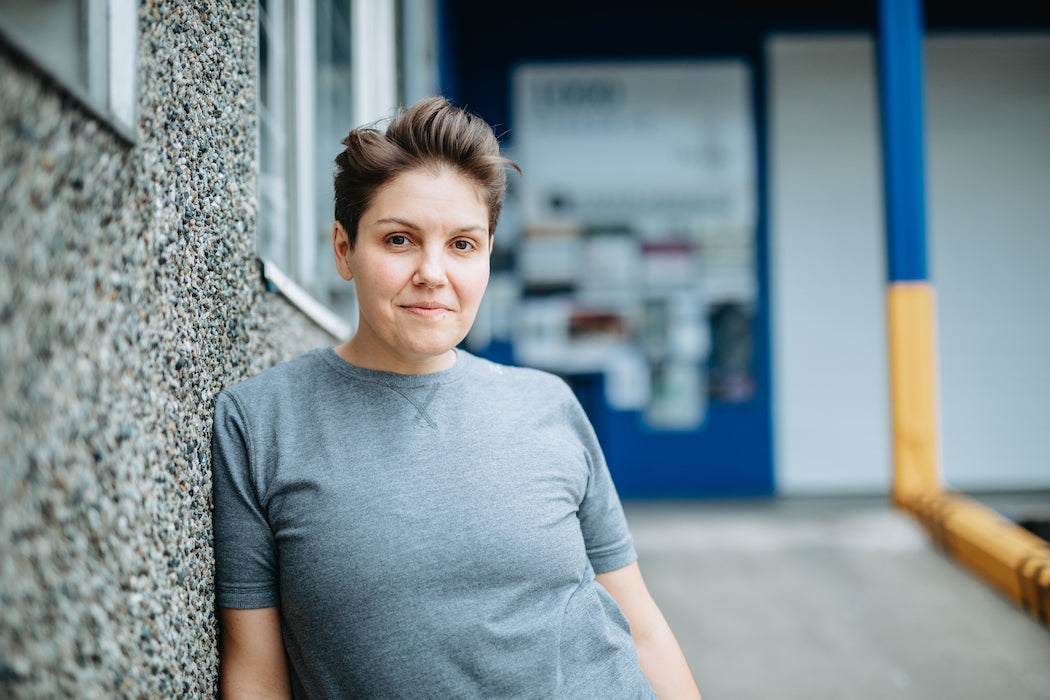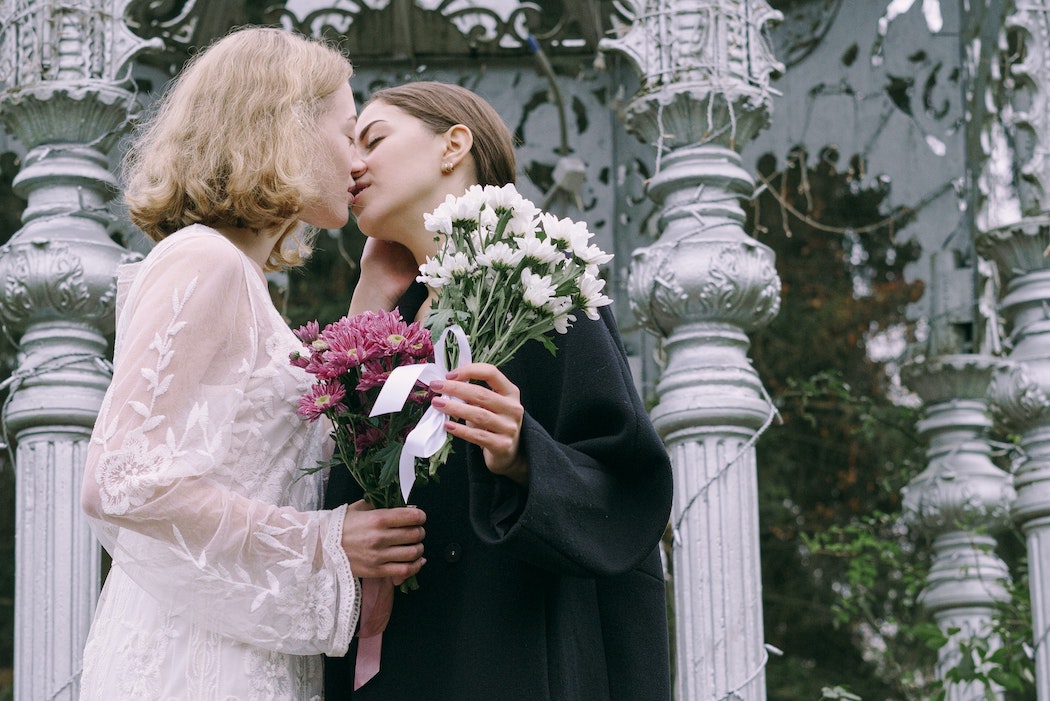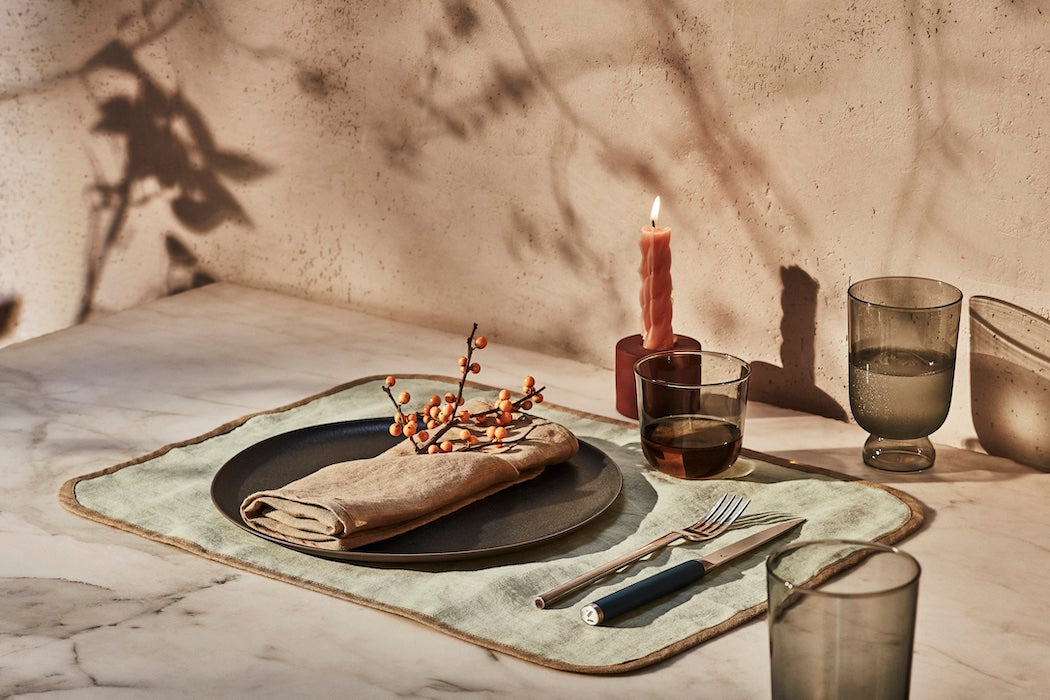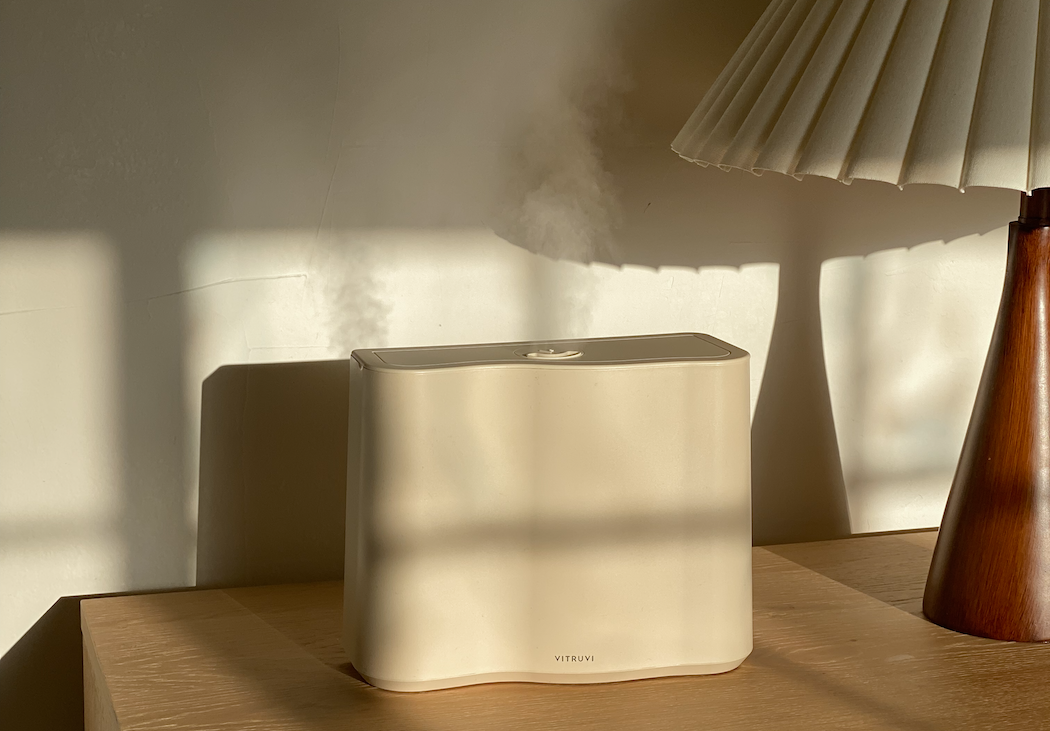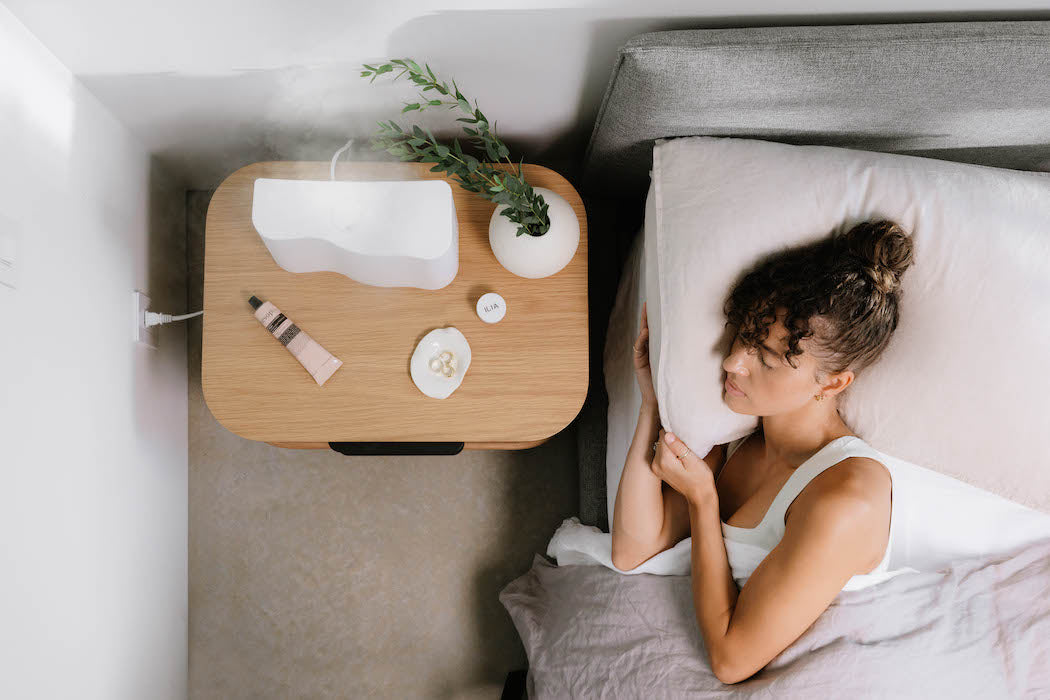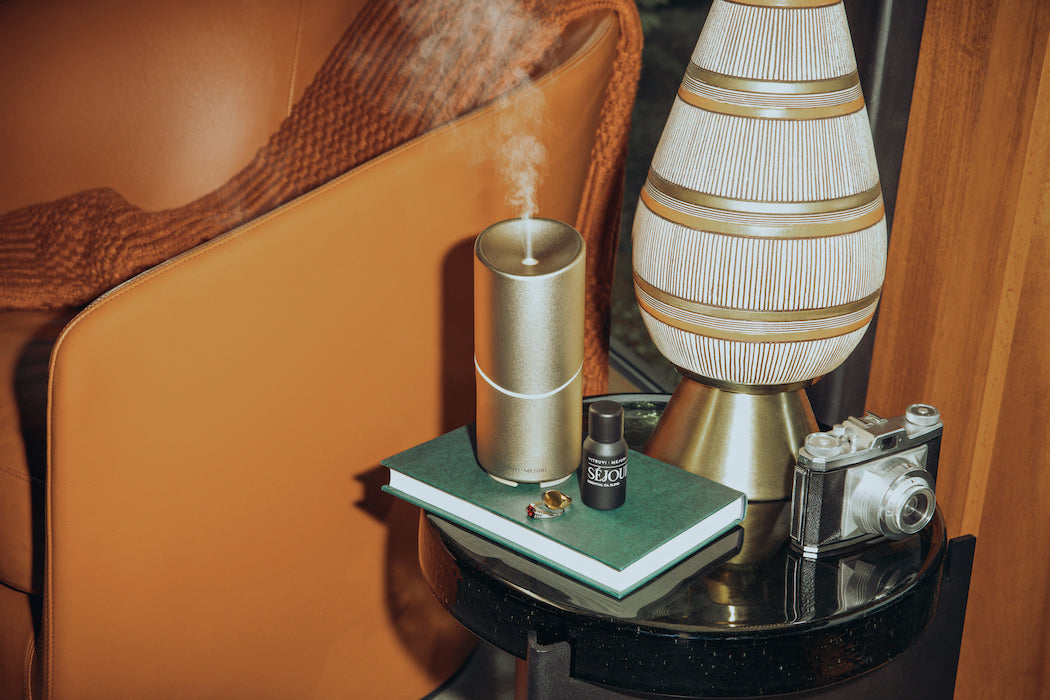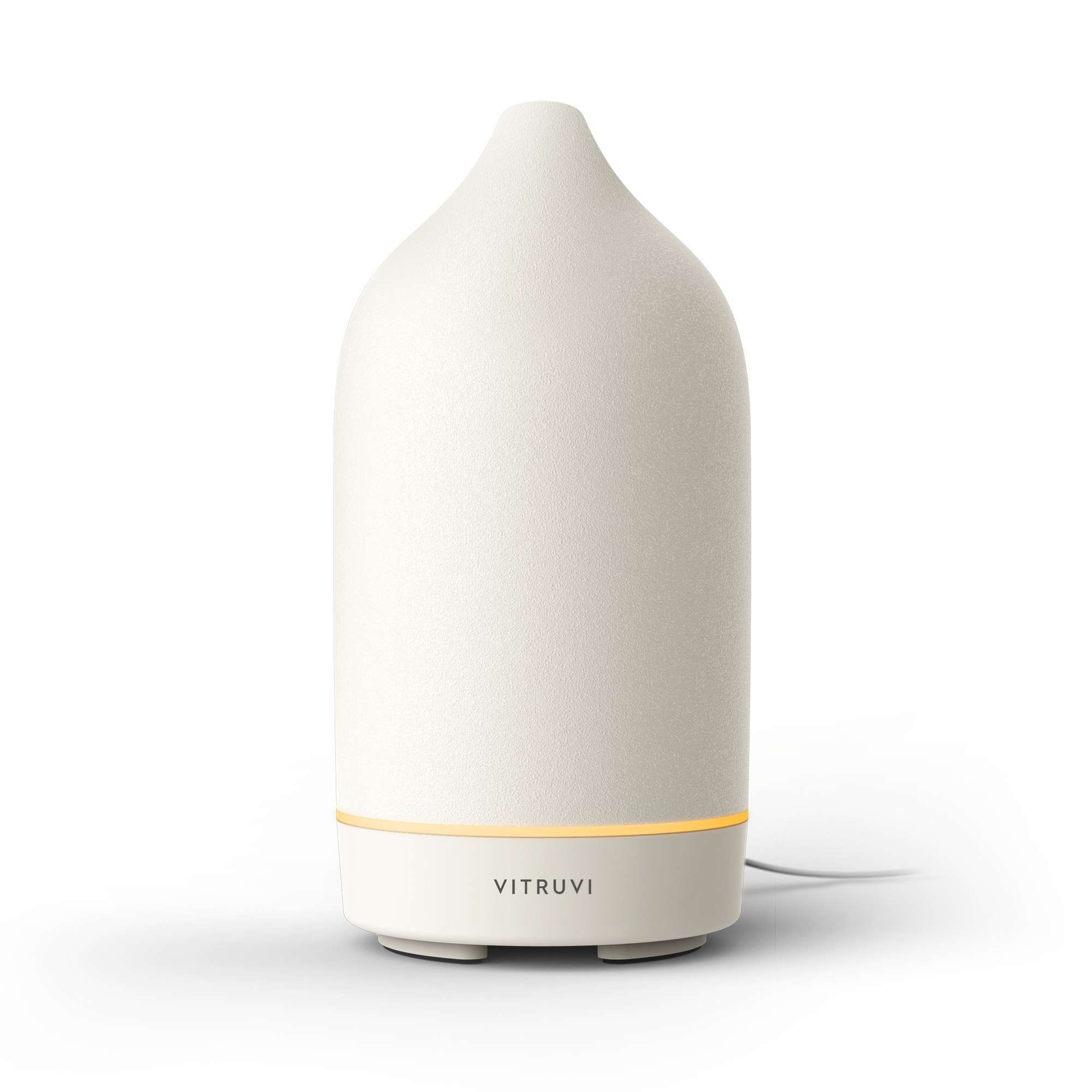Lately—and perhaps unsurprisingly, given how many of us are now working from home—furniture designer Kate Duncan has found herself selling a lot of desks.
But she’s not bored of making them—not by a long shot. Crafting a workstation is a walk down memory lane for the Toronto-based woodworker, whose favorite high school projects were none other than two desks: one modeled after a 1960s-era design she saw in a photo ripped from a magazine, and another more complex roll-top. “It was kind of bananas,” she laughs, referring to the roll-top creation. “It only took two years, but I did it!”
Raised in Port Alberni on Vancouver Island, Duncan fell in love with woodworking in junior high and hasn’t looked back since. “There were pictures of projects cut out from magazines on the walls, so it was a little like shopping for me,” she recalls via Zoom. “I realized that if I could make it, I could have it.” Later, while other students were heading to basketball tournaments, Duncan was being enrolled in woodworking competitions (to great success, we might add).
She went on to teach high school woodshop in Burnaby for a decade, and for a while was one of only four women shop teachers in the whole province of British Columbia. But then a hit-and-run accident in 2009 sideswiped her off her motorcycle and into the path of an oncoming bus. A year off work to recover followed—along with hip and arm surgery—and that’s when she found a space at a co-op workshop in East Vancouver. It became her form of physical therapy. “I’m not really a yoga or exercise person,” she admits, “so I ended up rehabbing in the shop.” Along the way, she created a small body of Kate Duncan–branded work—and a fresh new career path with a set of values all her own.

Rewind for a moment to the mid-2000s, when Duncan, who is gender-queer, was completing her Royal Roads University master’s thesis on gender inequity in trades training programs. As part of her research, she chatted with high school girls in shop classes about the challenges they faced. “I thought their answers would be obvious, but they were mind-blowing,” Duncan says. “They felt they had to wear different clothes in the shop room, use a different tone of voice. They laughed differently, even walked differently—more masculine than they normally would walk.” For Duncan, listening to their experiences was like holding up a mirror. “I was participating in that same hyper-masculine assimilation culture,” she reflects, “and I didn’t even realize it.”
Stemming from both this research and her own experiences, Duncan’s current practice is committed to creating an inclusive environment in an industry that is still very much dominated by men. After facing continuous discrimination at a yearly trade show—a type of event that is often highly expensive and unnecessarily wasteful—she forged her own path in 2014, launching Address Design Show with the money she would have otherwise spent on a trade booth (“I basically took $5,000 and lit it on fire!”). Produced with the help of artist Amber Kingsworth, the “quirky little annual show” has grown to almost 50 participants from all over North America; last year it featured a truly diverse offering of brands, with 75 per cent of them founded by women and 25 per cent of them founded by LGBTQ2S+.
As for her own creations, Duncan channels Brutalist architecture vibes into her recent Ribbed Collection. Made with responsibly-sourced North American hardwoods—oak, walnut, and ambrosia maple are favorites—it includes a bold bed, built with traditional joinery and embellished with leather veneer and brass hardware, and that aforementioned popular desk, mounted cleanly upon a pedestal of rounded ribs. A cheeky sense of play exists in elements like hidden drawers, but it is an expert refinement that unites all of Duncan’s made-to-order designs.
And while Vancouver gave her career its start, Duncan’s move to Toronto in 2019—where she lives with her partner and her dog, Charlie—has taken things to the next level. Since relocating, she’s been able to hire two employees (both women), and even bought into her own shop. True to Duncan’s ethos, it’s a space where assimilation is not required to fit in.

